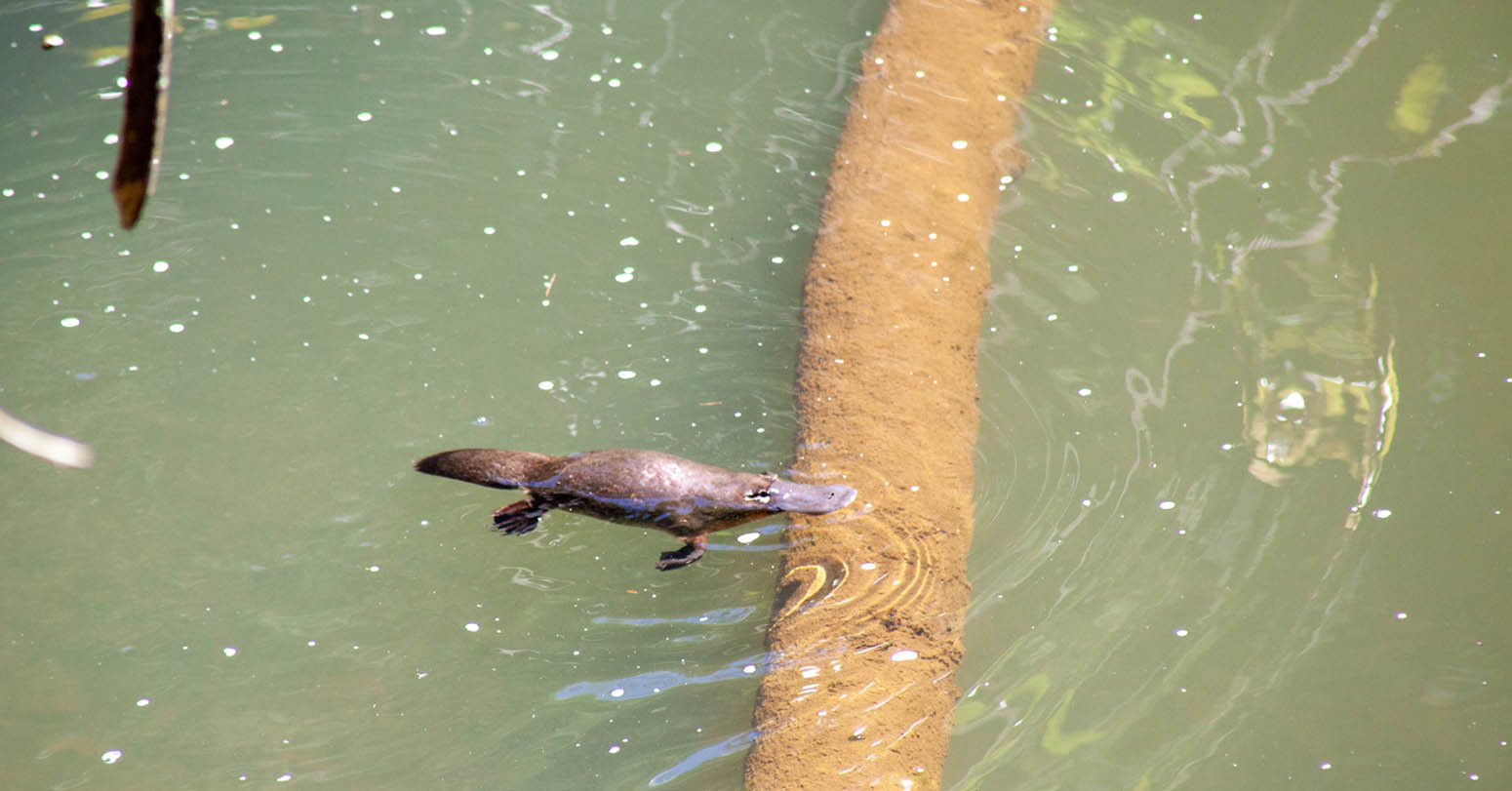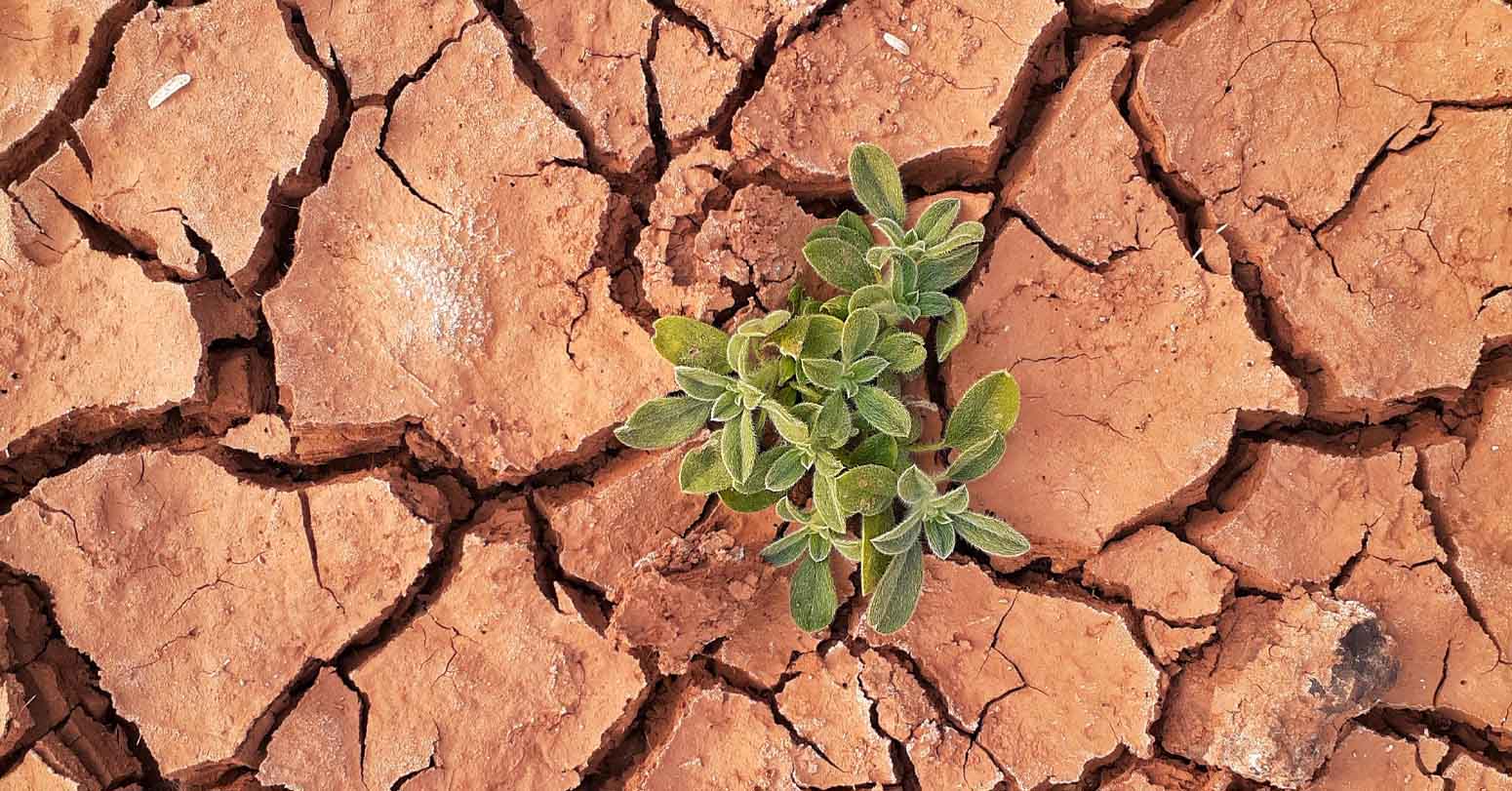With large parts of Australia having entered the bushfire season, a new study has come out in time suggesting that aquatic or semi-aquatic animals, such as platypuses, can face greater threats of losing their homes due to mega blazes and heavy rainfall.
In their study published on Tuesday in the Biological Conservation journal, researchers from the University of Melbourne analyzed water samples collected from 118 sites across south-eastern Australia before and after the 2019-2020 Black Summer period.
Results showed that for 57 areas affected by bushfires, the chance of platypus occupancy declined from 78 percent pre-fire to 72 percent in the one-year post-fire sampling period, before bouncing back to 79 percent.
Apart from the negative impact of fire presence, the researchers also noticed that extreme rainfall, following the flames, rubbed more salt in the wound.
When a watershed had at least 25 percent of its area burnt at high severity and experienced heavy rainfall, the probability of platypus living that site fell to less than 10 percent.
According to Emily McColl-Gausden, lead author of the study and research fellow at the University of Melbourne, the results suggested that a combination of severe bushfire followed by heavy rainfall hit platypus the hardest.
"Fire might not directly kill platypus because their burrows protect them. But when there is rainfall after a fire, as happened in 2019-2020, unstable soil, dead plants and ash and debris can wash into rivers and creeks. This kills the yabbies, aquatic invertebrates, and insect larvae that platypus relies on for food and may force them to abandon the site," said McColl-Gausden.
She noted that a new pattern is emerging in Australia, where fires "are more frequent, bigger, and more severe due to warming and drying trends."
"Systematic surveys will help us understand how platypus and other native species might be harmed by increases in the number, scale, and severity of bushfires, and what governments and the community can do to reduce the cumulative effect of more frequent and more severe bushfires," she added.
-XINHUA


















Middle-aged man spends millions to
Dr. Dharam Raj Upadhyay: Man
Breathing The Unbreathable Air
Comprehensive Data Protection Law Critically
Gender Differences In Mental Healthcare
Erosion of Democracy